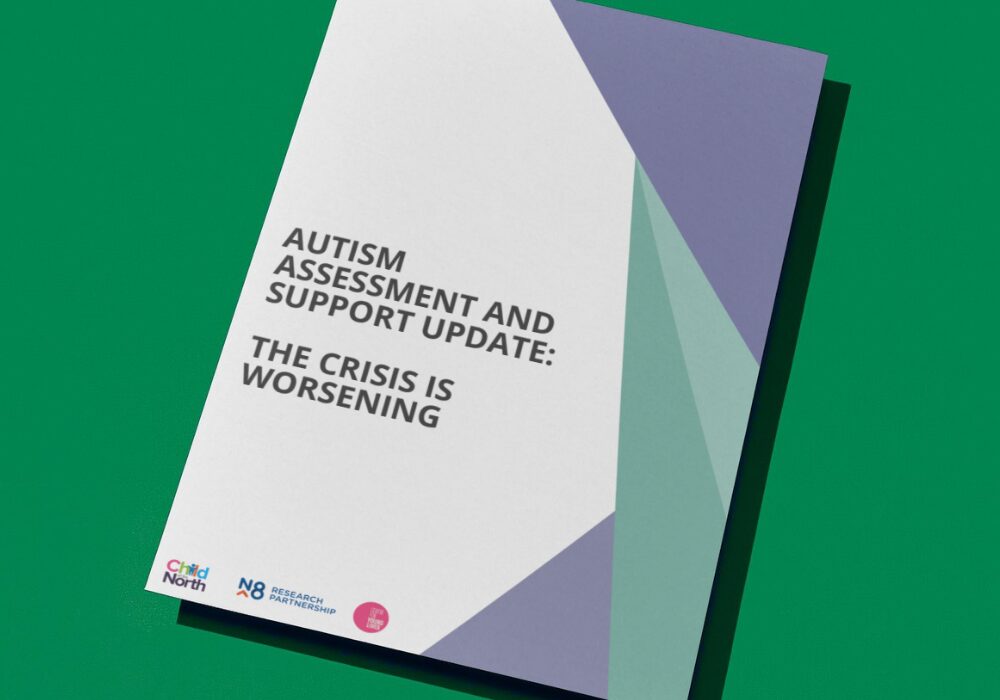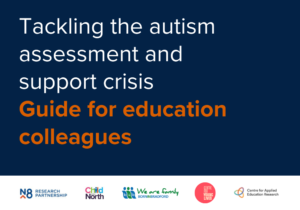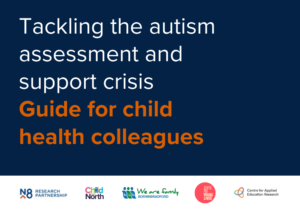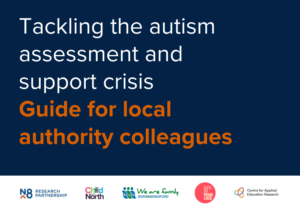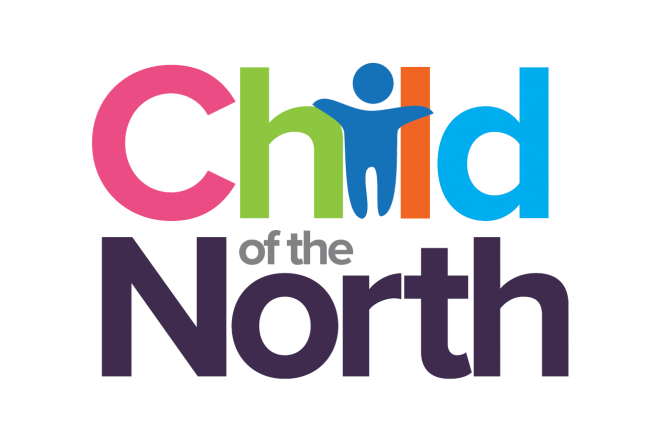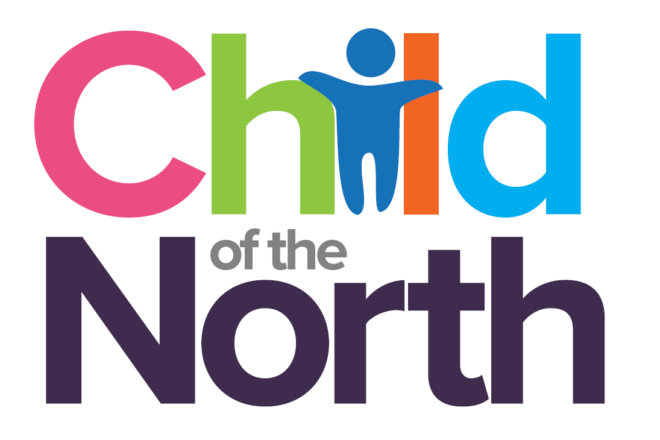Addressing the autism assessment and support crisis
For a country that works for all children and young people
We are calling on the government to put children first. Our 2024 report series provides evidence-based plans and recommendations on how to improve outcomes for children and young people in the North of England and beyond. Published alongside 2025 report updates, new practitioner toolkits have been designed to support schools, child health services, and local authorities to implement the report recommendations and put children first. #ChildrenFirst
In 2024, Child of the North and Centre for Young Lives initiated a major campaign calling on the government to build a country that works for all children and young people. This campaign delivered a series of reports and webinars on twelve key topics identified by Northern child health leaders as major issues of concern, including poverty, special educational needs, school attendance and mental health. These reports provide rigorous research and pragmatic, evidence-based recommendations.
First published in February 2024, the first report, An evidence-based plan for addressing the autism assessment and support crisis revealed a crisis in children’s autism assessment.
An update Autism assessment and support update: The crisis is worsening released in September 2025, marks the launch of a twelve-week #ChildrenFirst campaign, drawing attention back to the issues highlighted in the series, and providing a series of toolkits designed to support schools, child health services and local authorities to implement the report recommendations and improve outcomes for all children.
We need the government, policymakers, practitioners, academics, communities and young people to work together to build a country that works for all children and young people.
Support our 2025 #ChildrenFirst campaign, by sharing the resources below:
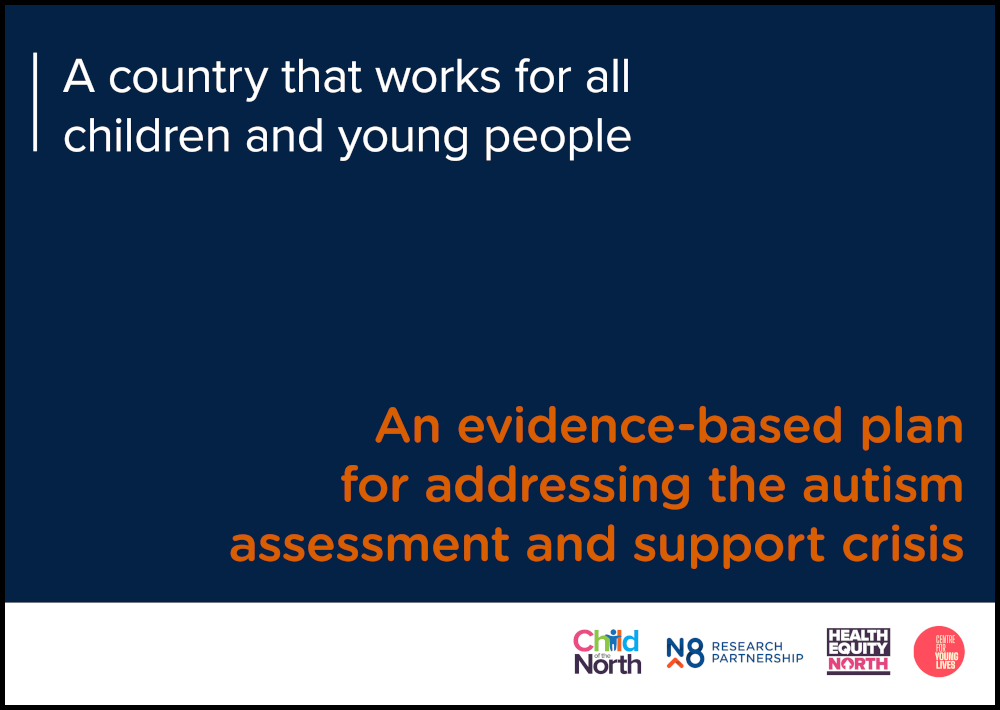 |
An evidence-based plan for addressing the autism assessment and support crisisPublished February 2024, as the first report in our twelve-part series. Our analysis reveals an autism assessment and support crisis, with tens of thousands of children waiting months and years for help after demand rockets by over 300% since Covid.
|
How To Guides
A series of toolkits have been developed to help practitioners and organisations take practical steps to improve the health and wellbeing of the children and young people with whom they work directly. Building on the findings of the Child of the North reports, these ‘How To’ guides provide evidence and suggestions about how all parties can work together.
Webinar
In February 2024 a number of the report’s authors came together to discuss their findings and to answer questions from the online audience, you can view the YouTube recording below.
Professor Mark Mon-Williams, Chair in Cognitive Psychology at the University of Leeds, said:
“Autistic children and their families are being failed by systems that are not fit for purpose. This report provides hope with its evidence-based recommendations for how the system can be changed to build a better UK for children and young people. We now have a roadmap and we need to act at pace to ensure these recommendations are implemented.”
Anne Longfield, Executive Chair of the Centre for Young Lives, said:
“The number of autistic children seeking support is at a record high and the number waiting for an assessment has rocketed since Covid. The autism assessment crisis is leaving thousands of children without the support they need and parents having to battle their way through a nightmare process that can take years to resolve.
“The evidence shows the need to move to a system of support that responds to the needs of autistic children, rather than waiting for diagnosis before any help appears. The education sector and health services should be working together, sharing data and information, and building local partnerships that can transform the support autistic children receive.”
Sign up for updates on our 2024/25 Campaign
We will only use this data for the purposes of providing updates on the Child of the North 2024/25 campaign and report series. For more information see the Privacy Policy at https://www.sheffield.ac.uk/privacy
Previous Reports
Previous reports can be found archived on our Child of the North Reports page.
Contact Us
Stephen Parkinson, Research Partnership Manager
***




